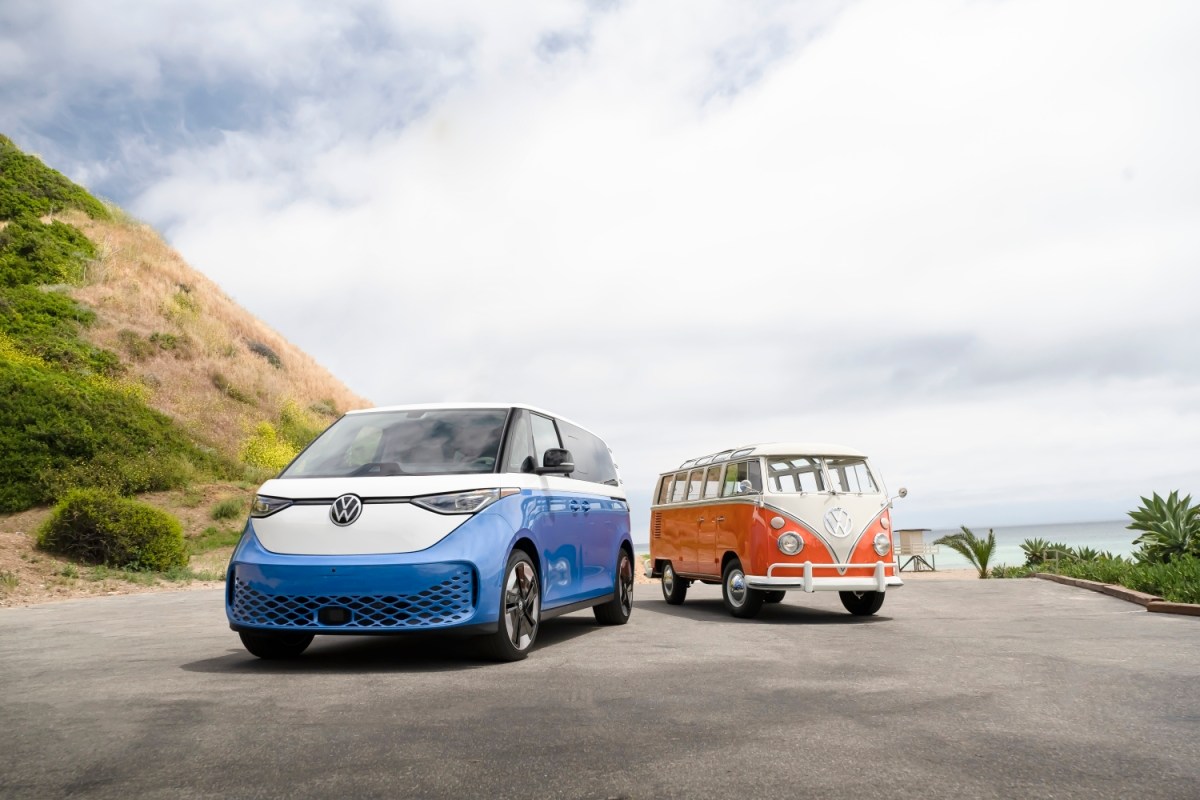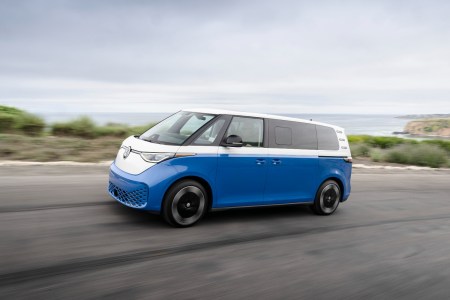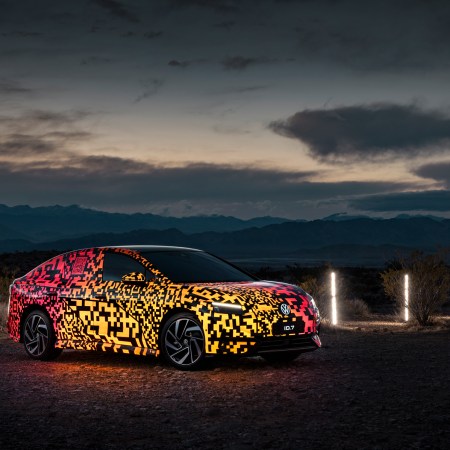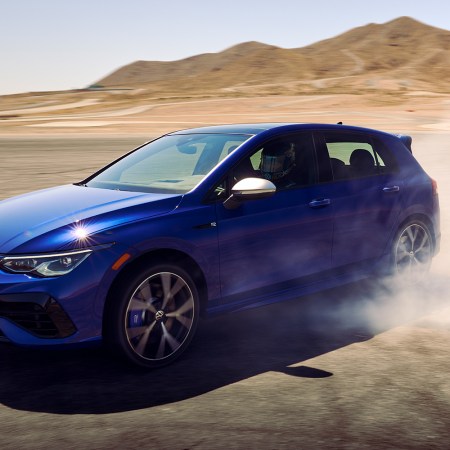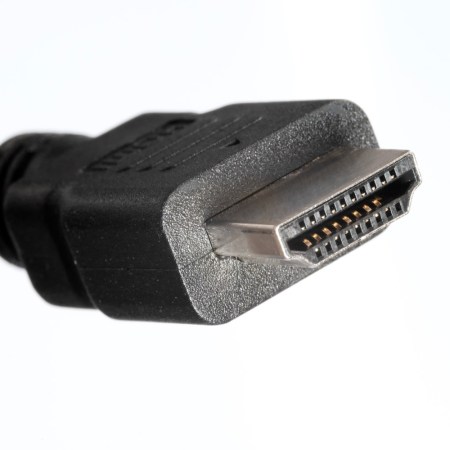We’ve got bad news for those hoping for a second revival of the Volkswagen Beetle. In a recent interview, VW CEO Thomas Schäfer called it a “dead end.” Ouch.
During a recent test drive event of the upcoming Tiguan, the chief executive spoke to Autocar about which legacy nameplates would be carried over into the automaker’s aggressive electrified vehicle plans. “We’ve decided we’re not going to throw away the traditional, successful names that have carried us for so long, that we’ve invested in for so long, like Golf and Tiguan. Why would you let them go?” Schäfer pondered.
Volkswagen is currently targeting to have 80% of electric vehicle sales in Europe coming from a brand within the VW group, and wants to own 55% of EV sales in the U.S. by 2030. This is a strategy long in the making, with a substantial investment in factory expansion and retooling to accommodate the new EV models Volkswagen is aiming to roll out. You may recall that a handful of years ago, Volkswagen was at the heart of a big scandal in which it was, in a nutshell, caught cheating on diesel vehicle emissions tests. The massive fallout and more stringent emission standards in Europe prompted VW to make a huge pivot to electrification.
Volkswagen Announces the North American Edition of the ID.Buzz
The North American version will have three rows and more power than its European counterpartThat brings us up to speed where we have new electric V-Dubs like the ID.4 crossover and the ID Buzz, a retro revival of the famous Volkswagen Microbus — or Kombi…or “hippie van,” depending on where and when you encountered it. The U.S. version of the ‘Buzz has three rows of seats and between 282 to 330 horsepower depending on if it’s rear-or-all-wheel drive, and nets about 260 miles of range. It’s a vehicle long in the making, with a concept teasing some form of production model since 2017. Naturally, this has caused many to wonder about the fate of the O.G. retro-revival, the Beetle.
Like the Microbus, the Beetle has achieved its own legendary status throughout the years and has become adored, despite its complicated origins. On our side of the pond, it became just as symbolic to 1960s counterculture as the Microbus. As such, it was quite the big deal when Volkswagen introduced the New Beetle in 1997. Its popularity kicked off an era of all sorts of “retrofuturistic” revivals that include the fifth-generation Ford Mustang, the 2006 Toyota FJ Cruiser, and the retro-styled Chrysler PT Cruiser.
The new Bug had a solid run until 2010 when it ceased production. It was a mix of VW switching its manufacturing to a new modular platform for its cars to share and also that Bug fever has run its course. In the late 90s, we all had rose-tinted memories of the Beetle, and its return scratched a particular itch at the time, but shortly thereafter, the following glut of Beetles everywhere and the satisfaction of that particular nostalgic urge left us with just another hatchback that didn’t distinguish itself in any way apart from being “The Beetle.”
It would be the same case for a revived EV version, except this time, we’re all out of love bug love. “[T]here are certain vehicles that have had their day. It wouldn’t make sense to bring it back,” Schäfer noted. We’re compelled to agree.
Thanks for reading InsideHook. Sign up for our daily newsletter and be in the know.
